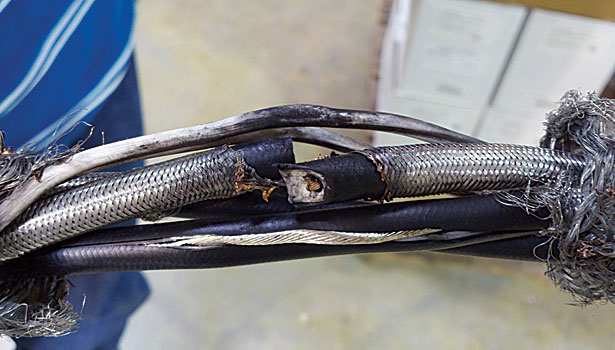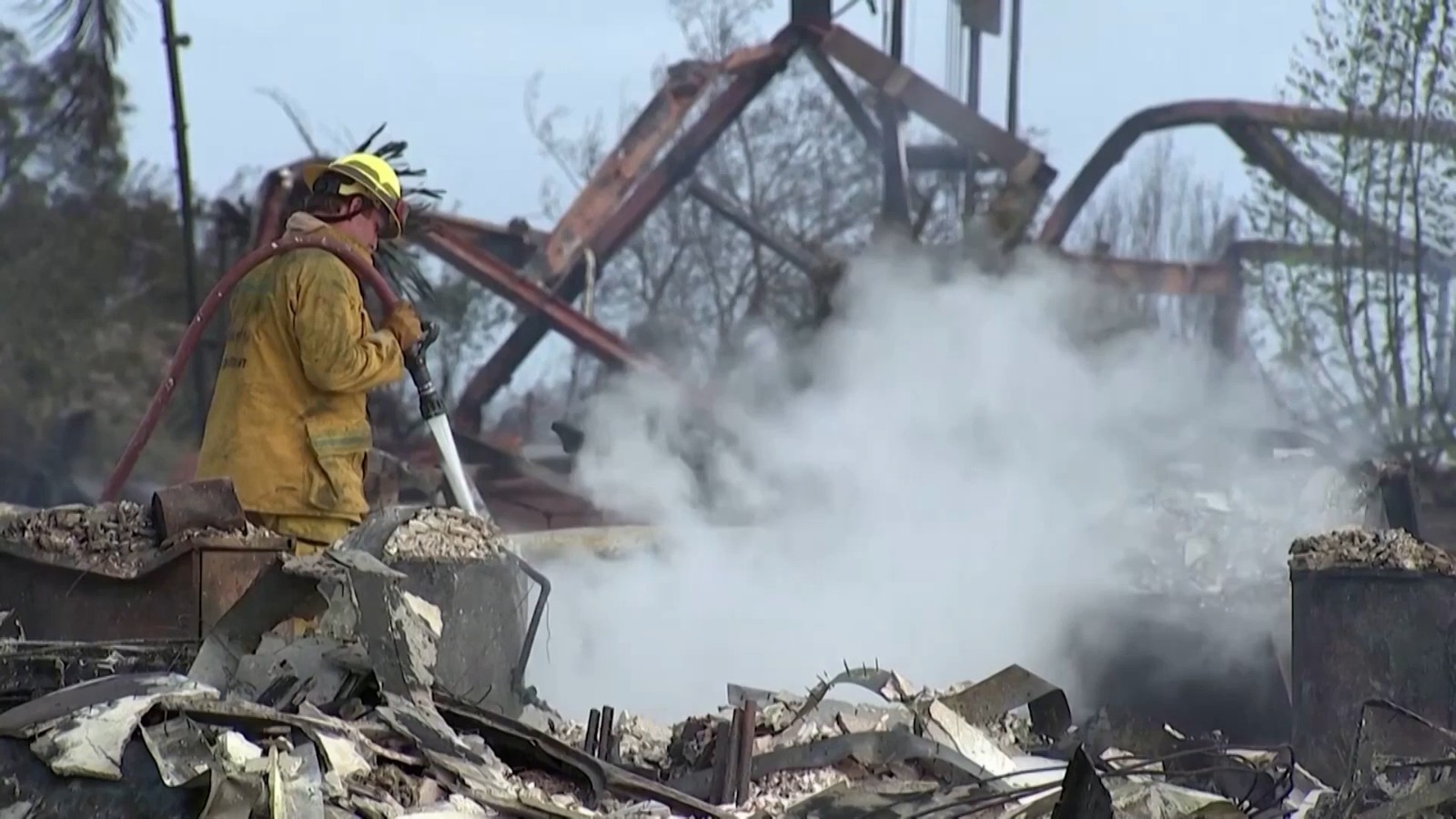On April 28, 2025, a sudden disaster enveloped the Iberian Peninsula, and Spain and Portugal suffered a large-scale power outage. This incident was like a heavy hammer that hit the heart of Europe, causing widespread attention and concern worldwide.
The scale and impact of this power outage are the worst in history, and most of the Iberian Peninsula has fallen into darkness and chaos.
https://wallstreetcn.com/articles/3746134
On the same day, the Spanish Ministry of the Interior responded quickly and officially declared a state of emergency. In severely affected areas such as Madrid, Andalucia, Extremadura, and Murcia, the national level 3 emergency response mechanism was immediately activated. The activation of this mechanism means that the government will mobilize all available resources to respond to this unprecedented crisis fully. Night should be a time when cities are brightly lit and people sleep peacefully, but at this time, many cities on the Iberian Peninsula are swallowed by darkness. On the streets, vehicles were moving forward with difficulty under the dim street lights and car lights. Drivers were cautious, fearing that they would cause traffic accidents if they were not careful. Residents also walked out of their homes and gathered on the streets, their faces full of anxiety and fear, and the children clung to their parents, at a loss. In other aspects, large theater performances, shopping malls, pedestrian streets, and even the Madrid Open in sports had to be "forced to suspend".

The Spanish National Grid Company released a message at 21:00 on the 28th, confirming that it is expected to take several hours to restore power. This news is like a boulder, weighing heavily on the hearts of every Spaniard. A few hours may be fleeting in normal times, but at this time, it seems like a long century. People began to worry that the supply of daily necessities would be interrupted due to power outages, whether patients in hospitals could be treated in time, and whether the safety of children could be guaranteed.
Earlier that day, Spanish Prime Minister Sanchez made an urgent speech. With a solemn expression, he informed the people of the country of the current severe situation. Sanchez said that the Spanish government is in close communication with the king, parliamentary groups, other European countries, relevant EU institutions, and NATO. In this era of globalization, the crisis in any country may have a chain reaction and affect other countries. The situation in Spain is no exception. This large-scale power outage has not only caused a huge impact on the country's economy and social order, but may also have a potential impact on Europe's overall energy supply and stability. Therefore, communication and coordination with all parties are crucial.
At present, the relevant investigation into the specific cause of this large-scale power outage is still in full swing. This undoubtedly increases people's doubts and panic. Various speculations spread among the people. Some believe it is a terrorist attack, some speculate that it is a technical failure, and some worry whether there is a serious problem with the energy supply system. Spanish Prime Minister Sanchez is also well aware of the concerns of the people. He called on the people to remain calm and not believe in rumors. At the same time, he particularly emphasized that the national telecommunications system is at a critical moment. The government calls on the people to shorten the call time as much as possible when making calls to ensure the normal operation of the communication system, so that rescue information and instructions can be smoothly conveyed.

The Spanish power grid company is also working hard to repair it. After intensive investigation and efforts, they brought relatively optimistic news: At present, the power supply in many areas of northern, southern, and western Spain has been restored, and the situation is getting better. Parts of major cities such as Madrid and Porto have also begun to gradually restore the power supply. When the lights are turned on again, the streets are back to life, and people have long-lost smiles on their faces. But at this time, some areas are still in the dark, and the repair work is still in full swing.
So, what exactly caused this unprecedented large-scale power outage? This has become the focus of attention from all walks of life. From the current situation, cable problems are very likely to be one of the key factors leading to the power outage. In modern power systems, cables play a vital role. They are like the blood vessels of the city, responsible for delivering electricity to every corner. First of all, the aging problem of cables cannot be ignored. In recent years, the Iberian Peninsula has experienced rapid economic development and growing electricity demand, and some cables laid earlier may have suffered serious aging due to long-term high-load operation. The insulation layer of the cable may gradually deteriorate due to long-term heat, moisture, oxidation, and other reasons, eventually leading to short circuits or leakage, causing power outages.

Secondly, natural disasters may also damage the cables. Spain and Portugal are located in the Mediterranean climate zone, with hot and dry summers, mild and rainy winters, and occasional extreme weather such as strong winds, heavy rains, and blizzards. If the cable is not laid in a reasonable location or the protective measures are not in place, it is easy to be attacked by natural disasters. For example, strong winds may blow off overhead cables, heavy rains may cause floods and destroy cable trenches, and blizzards may cause cables to freeze too heavily and break and be damaged. In this power outage, perhaps a certain area encountered sudden extreme weather, causing damage to the cables, which in turn caused a large-scale power outage.

Furthermore, human factors cannot be ruled out. During the laying and maintenance of the cables, if the construction workers operate improperly or do not strictly follow the specifications in the later maintenance, they may create safety hazards. For example, during road construction or other underground engineering construction, if the cable is accidentally dug up, it may cause local or even large-scale power outages. In addition, some criminals may deliberately damage cables to obtain illegal benefits or achieve other purposes.
In addition to cable problems, technical failures and cyber attacks in the power system cannot be easily ruled out. Modern power systems are highly dependent on automated control and information technology. A small technical failure, such as software vulnerabilities, hardware failures, etc., may trigger a chain reaction and lead to power supply interruptions. As the network security situation becomes increasingly severe, the power system is also facing the risk of cyberattacks. If hackers invade the network of the power system, tamper with control instructions, or destroy key equipment, it may cause a large-scale power outage.
The large-scale power outages in Spain and Portugal have brought huge shocks and losses to the two countries. Economically, many factories were forced to stop work due to power outages, production stagnated, orders were delayed, and losses were heavy. Business activities have also been seriously affected. Shopping malls, supermarkets, and other places cannot operate normally due to power outages, and customer have been greatly reduced. In terms of social order, power outages have caused traffic paralysis and communication interruptions, which have brought great inconvenience to people's lives. Residents not only have to face darkness and cold, but also have to worry about whether there is enough food and water at home, and how to solve the problem of their children's schooling.
To avoid the recurrence of similar incidents, the Spanish and Portuguese governments and relevant power departments need to learn lessons and take a series of practical and effective measures. On the one hand, increase investment and update efforts in power facilities such as cables. Timely replace aging and damaged cables, adopt advanced cable materials and laying technologies, and improve the safety and reliability of cables. At the same time, strengthen the daily maintenance and inspection of power facilities, establish and improve monitoring and early warning mechanisms, and promptly discover and deal with potential safety hazards. On the other hand, strengthen the technical protection and network security measures of the power system. Increase investment in the research and development of information technology in the power system to improve the stability and anti-interference ability of the system. Establish a complete network security protection system, strengthen security monitoring and early warning of the power system network, and promptly discover and respond to network attacks.

In addition, Spain and Portugal can also strengthen cooperation and exchanges with other European countries. Learn from each other and support each other in energy supply, power technology, and other aspects, and jointly improve the ability to cope with power crises. At the same time, actively develop and utilize renewable energy, such as solar energy and wind energy, to reduce dependence on traditional energy and improve the stability and sustainability of the energy supply.
The large-scale power outages in Spain and Portugal are undoubtedly a wake-up call for the global power system. It reminds us that power safety is of vital importance. Only by continuously strengthening infrastructure construction, technological innovation, and safety management can we ensure the stable operation of the power system and safeguard people's lives and social stability. We look forward to Spain and Portugal being able to restore power supply and rebuild their homes as soon as possible. At the same time, we also hope that countries around the world can learn lessons from this incident and work together to build a safe and reliable power supply system.